Gina Parrilli, Westmont Village Trustee and 2026 candidate for Illinois’ 45th House District. | Gina Parrilli
Gina Parrilli, Westmont Village Trustee and 2026 candidate for Illinois’ 45th House District. | Gina Parrilli
Gina Parrilli, a Westmont Village Trustee and Republican candidate for Illinois’ 45th House District, is raising concerns about the state’s redistricting process and Gov. J.B. Pritzker’s handling of it.
While Texas Democrats recently returned to their state after a two-week walkout aimed at blocking Republican-led redistricting efforts, Parrilli said Illinois' own process has long drawn criticism for its partisan nature.
She expressed frustration with the state’s political landscape, particularly the contrast between Pritzker’s campaign promises and his actions in office.
"What’s frustrating for many voters is the inconsistency. Democrats criticize Republican-drawn maps as anti-democratic but then defend aggressive gerrymandering in their own states; it undermines their credibility,” Parrilli told DuPage Policy Journal. “The same goes for Republicans who do the opposite”
Pritzker campaigned on a pledge to support an independent commission for map drawing but signed a heavily Democrat-favored legislative map into law in 2021. Parrilli described the move as a reversal that undermines public trust.
Parrilli, who is running in 2026 for a seat in the 45th House District held by State Rep. Marti Deuter (D-Elmhurst), pointed to the impact redistricting had on flipping the district from Republican to Democratic control.
The district includes communities such as Elmhurst, Oak Brook and Hinsdale in DuPage County, along with a portion of Cook County.
“Pritzker previously campaigned on supporting an independent redistricting commission but has now twice signed partisan maps into law,” Parrilli said. “What do you think led to this reversal, and what message does it send to voters who supported reform?”
She pointed to what she described as a contradiction between the governor’s stated goals and the outcome of his policies.
“Pritzker promised to support an independent redistricting process, but then signed maps that heavily favor his own party,” Parrilli said. “If the Governor was honest – that is not reform. That is to keep the Democrats in office in Illinois.”
Parrilli said the impact extends beyond politics.
“It sends a clear message that political power often outweighs promises of good governance,” she said. “For voters who supported reform, this is a reminder that real change won’t come from either party acting alone. It requires structural reforms — like binding laws that establish independent commissions — so that redistricting is fair no matter who’s in power.”
Democrats have held majorities in both chambers of the General Assembly for more than two decades. The party currently controls 78 of 118 seats in the House and 40 of 59 in the Senate.
Illinois’ congressional delegation is similarly lopsided, with 14 Democrats and three Republicans. Parrilli said these figures highlight a larger problem.
“The issue is the voters are not represented on a fair level playing field. Illinois is controlled by the Democratic Party and has for many years,” she said. “What ends up happening is many voters in these districts, their voices are not acknowledged when votes come up. More Republican bills die before even being heard in a substantive committee. Six times as many Democrat-sponsored bills reach the governor. The uneven playing field shows the need to end political gerrymandering.”
In recent legislative sessions, Democrats have limited Republicans’ ability to debate pending legislation and have redirected millions in grant funding to districts held by Democrats.
In Congress, Republicans hold just 18% of Illinois seats, while 44% of state voters backed Republican Donald Trump over Democrat Kamala Harris in the 2024 election.
Parrilli said the political imbalance affects the state’s ability to govern in a bipartisan way.
“If opposing voices are excluded from policymaking or community funding decisions, then we're not getting a government that works for everyone — we’re getting a government that works for the majority party. That’s not how democracy is supposed to function,” she said.
She argued that one-party dominance limits debate in Springfield and weakens public confidence.
“It sends a troubling message: that collaboration and compromise aren’t valued, and that power is being used to punish opposition rather than serve the public,” Parrilli said. “As a voter, I want leaders who represent all of us, not just their party — and that starts with creating a system where every voice at the table matters."
Pritzker has faced national attention over redistricting as speculation continues about a potential presidential run in 2028. During a 2024 appearance on The Late Show with Stephen Colbert, he joked about Illinois’ unusually shaped legislative districts, saying a “Kindergarten class” had drawn them.
While appearing on Meet the Press, Pritzker declined to directly address concerns about Illinois’ congressional map, calling redistricting criticism a “distraction.”
Parrilli said the maps fail to reflect demographic and political realities.
"The population of Texas has grown 38.5% between 2003 and 2021,” she said. “That alone shows how skewed the original map from 2003 is. While the current Texas map might not reflect the regions of its constituents, it was not intended to do so. The current map does reflect gerrymandering."
She said Illinois faces a different challenge — population loss. According to Parrilli, the state has lost 93,000 residents since 2021, further distorting political representation.
“This exacerbates the disparaging representation of Republicans in the existing districts,” she said. “Furthermore, Governor Pritzker’s messaging clearly polarizes reform and further begs for binding laws that establish independent mapping commissions. Forty-five percent of Republican voters feel disenfranchised and underrepresented by the current maps.”
Parrilli urged voters to engage with their representatives and advocate for redistricting reform.
“Voters need to communicate with their state representative and state senator to express they want more transparency,” she said. “It needs to be loud and clear that all voters need to be represented.”
She also underscored the importance of political engagement in the lead-up to the 2026 elections.
“Reforming the redistricting process is attainable,” she said. “Voters retain the power of petition. The 2026 election is 17 months away on November 3 of 2026. There is enough time to onboard the redistricting reformation process by petitioning for binding laws established by an independent mapping commission.”
Parrilli is campaigning on a platform of tax relief, education reform, and government accountability. She has voiced opposition to the state’s sanctuary policies and the cost of services for undocumented immigrants. She has also criticized low literacy rates in public schools and supports expanding school choice.
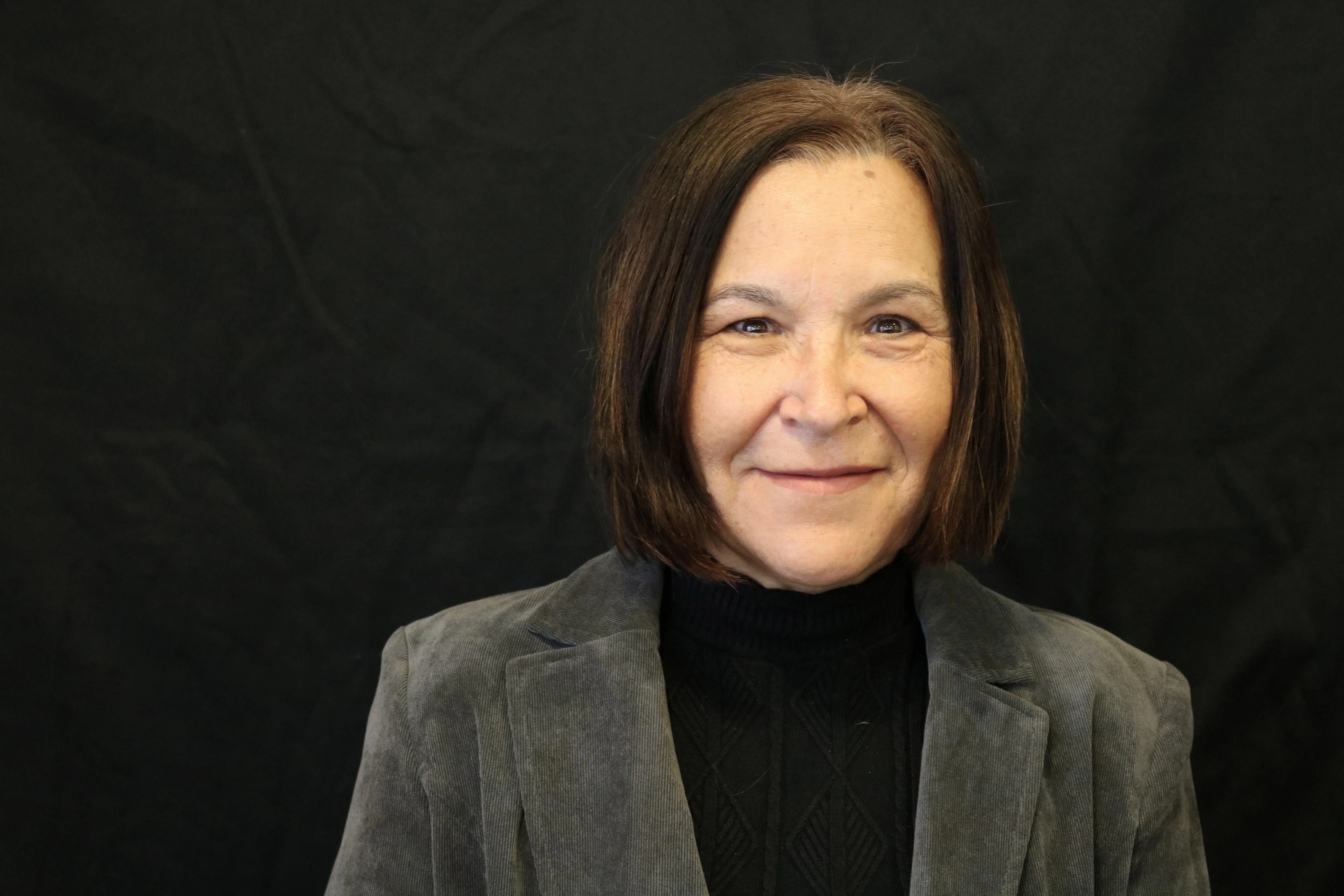
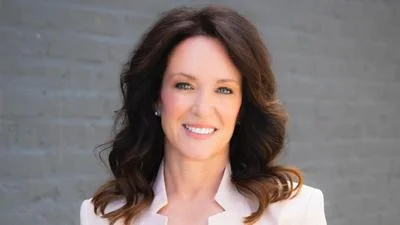
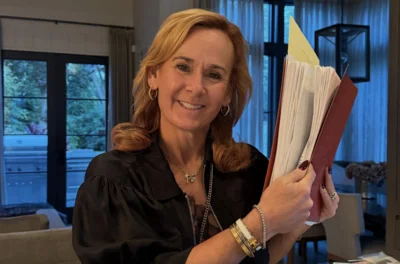

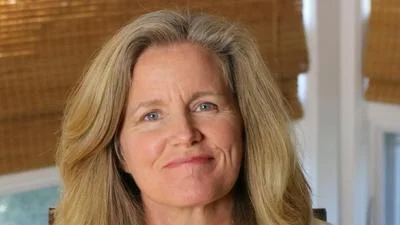
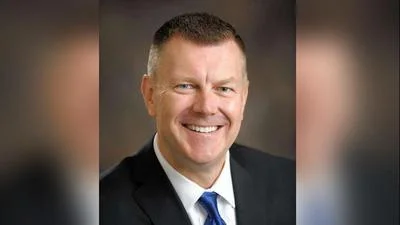
 Alerts Sign-up
Alerts Sign-up